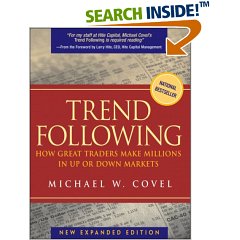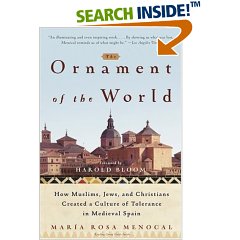The Harafish by Naguib Mahfouz

Posted by J
http://www.amazon.com/gp/product/0385423357/ref=pd_rvi_gw_1/102-2114092-4768951?ie=UTF8
I've had this book sitting on my shelf for years, I think I picked it up towards the end of our year in the late 90s living in Cairo. I'm generally a fan of Naguib Mahfouz's writings, having read the Cairo Trilogy, Children of the Alley, The Journey of Ibn Fattouma, The Day The Leader Died, and Miramar. Not all his work is of equal quality, but I can honestly say I've enjoyed every one of his books on one level or another, and several have been absolutely fantastic. Perhaps it was his recent passing that inspired me to pick up and finally read The Harafish.
I'd put the Harafish a notch below his best works, but still quite good. It feels like something of a mix between Children of the Alley and the Cairo Trilogy. Like Children of the Alley, it follows the life of a single Cairene Alley (the quintessential Egyptian local community) through multiple generations of time, showing it with all its glories and depravities. In classic Mahfouzian style, a flood of characters bombards you. How the man manages to portray so many different personality types amazes me. The man must have spent years and years just observing in depth all the people he grew up with in the heart of Old Cairo, and his full skill is on display in this regard in The Harafish.
Also, while Mahfouz is no prophet or philosopher, he does manage a wonderful job - also fully displayed in The Harafish - of showing how all these different personalities confront the big questions of life. Who is God, why doesn't he stop all the evil in the world, why are we tempted with sin, is it really wrong to indulge a little, how do men and women rise and fall from glory to the gutter and back and forth through the generations, why do the bad go unpunished and the good suffer, why is social justice so elusive, etc, etc.?
And like the Cairo Trilogy, Mahfouz presents these issues in the flow of the life of a single family's ups and downs. Its definitely more Children-of-the-Alley-ish in that this covers a much broader swathe of time and far more people than the Trilogy (so much less individual character depth is explored), and actually moves even quicker than "Alley", but as with Si Sayyid's family in the trilogy, it is the single family (in one form of descendants or another) of the Al-Nagi's that is tracked.
If you're looking for a good introduction to Mahfouz's writings, the author is good enough that you actually have a lot of great choices to go from. This could certainly be one such entry point, though it certainly shouldn't be the final book by him that you read.




